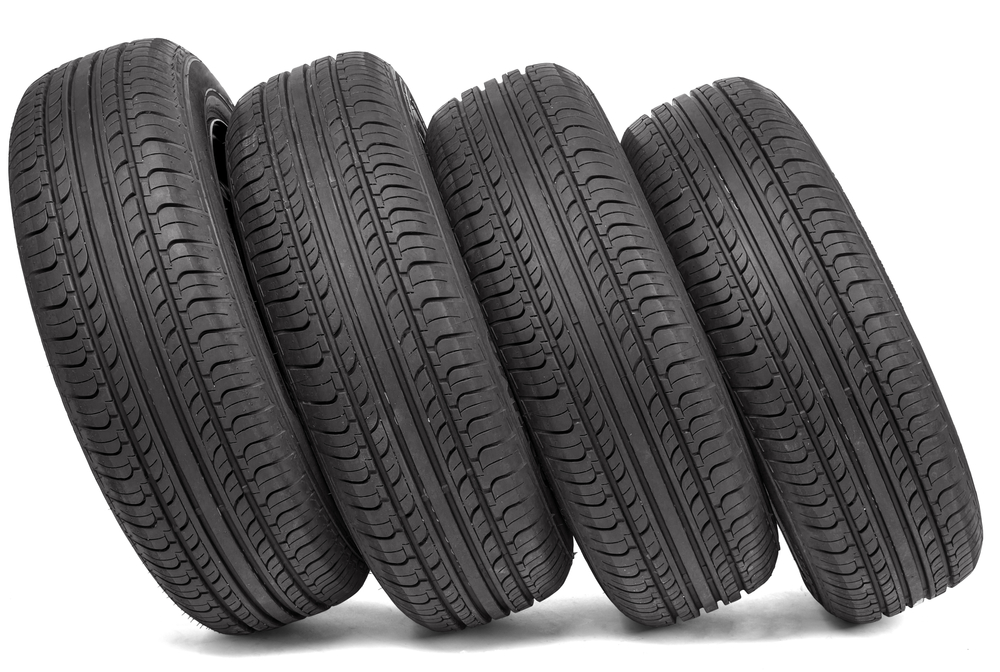Unmasking the Magic Behind Tire Technology: A Deep Dive
Teaser: Did you know that your car's tires play a vital role in fuel efficiency, safety, and performance? This article unveils the technology behind tires, their evolution, and the current industry trends shaping their future. Tire technology has come a long way since the first pneumatic tire was patented by Robert William Thomson in 1847. The initial tires were made of leather and filled with air, a significant leap from the solid rubber or wooden wheels used previously. In 1888, John Boyd Dunlop, a Scottish inventor, made the first practical pneumatic tire, a technology that quickly became the industry standard.
By the 20th century, tire manufacturing had advanced to include steel-belted radial tires, which offered improved durability, fuel efficiency, and driving comfort. The introduction of synthetic rubber during World War II revolutionized tire production again, providing a reliable alternative to natural rubber.
Modern Tire Technology and its Importance
Today, tires are a complex blend of natural and synthetic rubber, fabric, and steel cords. Modern tire technology focuses on enhancing grip, longevity, fuel efficiency, and driving comfort. Specialized tread patterns and rubber compounds are used to improve traction in different weather and driving conditions.
Low rolling resistance tires, which reduce the energy lost as heat when a tire rolls, have become increasingly popular due to their contribution to fuel efficiency. Likewise, run-flat technology, which allows a tire to function for a limited distance even after a puncture, has gained traction for its safety benefits.
Industry Trends Shaping Tire Technology
The tire industry is continually evolving, driven by factors such as environmental concerns, technological advancements, and changing consumer behavior. One notable trend is the increase in demand for eco-friendly tires. Manufacturers are investing in sustainable materials and production processes to reduce the environmental impact of tire production.
Another significant trend is the rise of smart tires. These tires are equipped with sensors that can monitor tire pressure, temperature, and tread wear, providing valuable data to drivers and enabling predictive maintenance.
The Impact of Tire Technology
Tire technology has a profound impact on various aspects of driving. It influences fuel efficiency, driving safety, vehicle performance, and ride comfort. For instance, improved tire grip enhances vehicle handling, while low rolling resistance tires can contribute to better fuel economy.
Moreover, advancements in tire technology have also played a critical role in motorsports, where tire strategy can often make the difference between victory and defeat.
The Road Ahead
As we look to the future, the tire industry is poised for further innovation. With the rise of electric vehicles and autonomous driving, the demands on tire performance will continue to evolve.
The challenge for tire manufacturers will be to balance the diverse needs of drivers, improving safety and performance while also minimizing environmental impact. Nevertheless, if history is any guide, tire technology will continue to adapt and innovate, ensuring our vehicles remain safely and efficiently on the road.





